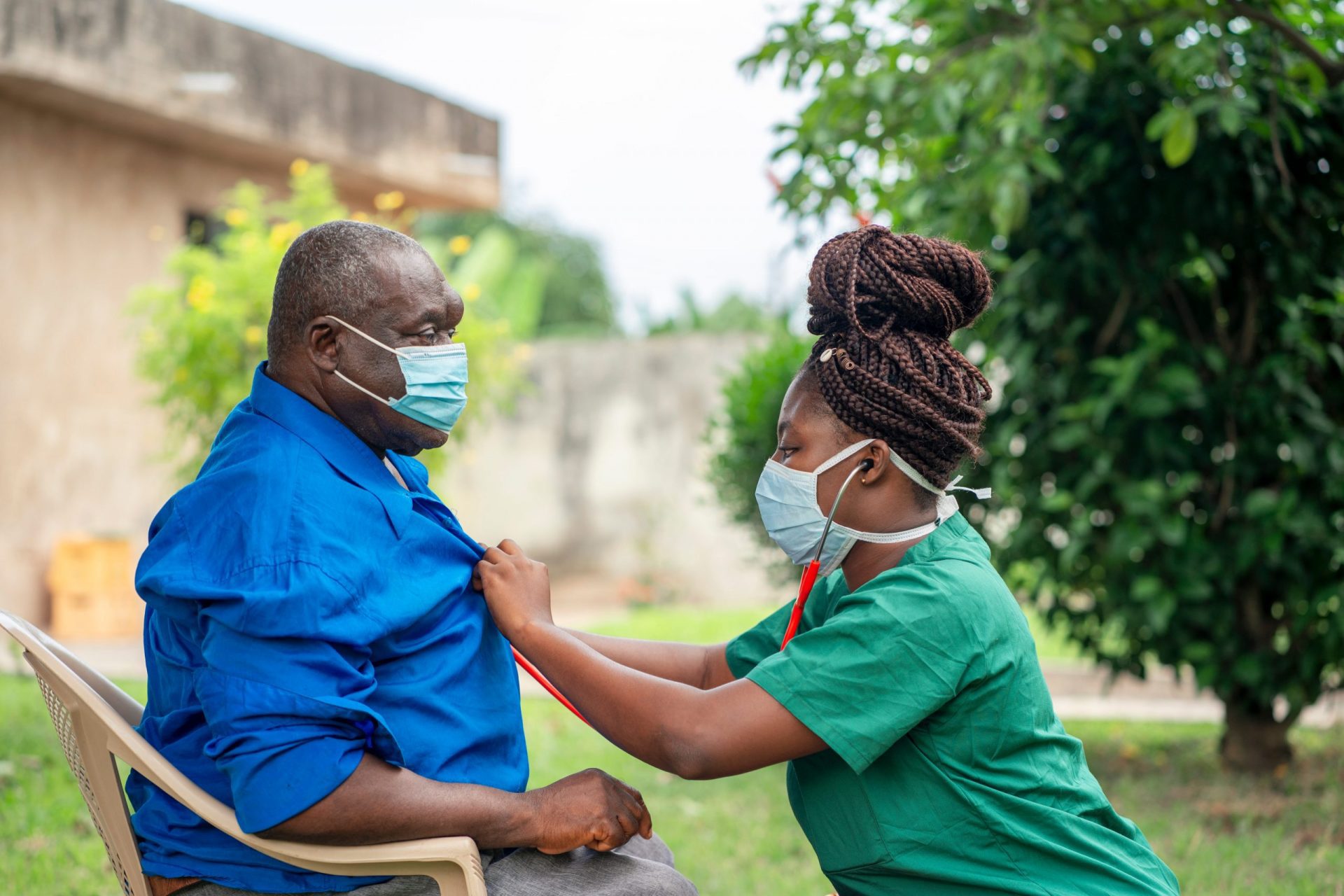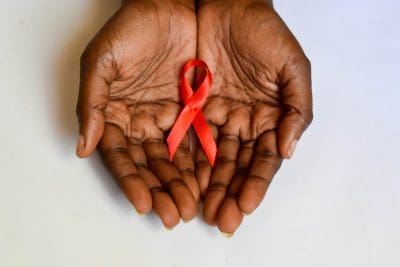A cancer diagnosis can feel like life is suddenly on a clock — but it doesn’t have to be. With the right strategy, many people are living longer, fuller lives even after diagnosis. While medical treatment is the foundation, lifestyle choices, emotional support, and proactive care all contribute to improved life expectancy and quality of life.
Start treatment early and never skip appointments
Timely diagnosis and treatment are critical. The earlier cancer is caught and addressed, the better the chances of survival. Follow your treatment plan closely — missed appointments or skipped medications can reduce effectiveness.
If a treatment isn’t working, speak with your oncologist early about switching strategies. Don’t suffer in silence or assume that side effects mean the treatment isn’t worth continuing.
Get a second opinion if you’re unsure about your treatment plan. It’s common and often helpful. Many cancer centers encourage this because different specialists might see options that others miss.
Fuel your body with cancer-smart nutrition
Your body needs fuel to fight cancer. While no diet cures cancer, proper nutrition supports immune health, energy, and recovery. Focus on plant-based foods, whole grains, lean proteins, and healthy fats.
Limit processed foods, sugars, and red meats. Stay hydrated, especially during chemo or radiation when your body is working overtime. Some studies show a Mediterranean-style diet may reduce recurrence in breast and colon cancer.
This isn’t about perfect eating — it’s about giving your body the best possible foundation to handle treatment and recovery. Small changes add up to big differences over time.
Move your body even when you don’t feel like it
Physical activity has been shown to boost survival rates in certain cancers, particularly breast, colon, and prostate. Aim for 150 minutes per week of moderate exercise like walking.
Tailor activity to your ability — light yoga, stretching, or resistance bands can be a start. Movement helps reduce fatigue, improve mood, and even enhance treatment response.
Exercise during cancer treatment might seem impossible, but even small amounts can make a difference. Listen to your body and work with your medical team to find what’s sustainable.
Take care of your mental health like your physical health
Mental health plays a direct role in physical health. High stress can impact immune function and quality of life. Consider therapy, support groups, or mindfulness practices like meditation.
Ask your care team about oncology social workers or counselors who specialize in cancer support. These professionals understand the unique challenges cancer patients face and can provide targeted help.
Medication may help with anxiety or depression if needed. There’s no shame in needing additional support — cancer affects every part of your life, not just your body.
Quit smoking and limit alcohol for better outcomes
Quitting smoking, even after diagnosis, can increase treatment effectiveness and reduce risk of complications. Heavy alcohol use is linked to recurrence and lower survival rates. Limit intake or eliminate it altogether if advised by your medical team.
This might feel like one more thing to worry about, but these changes can have immediate benefits for how you feel and how well your treatment works.
Track your health like your life depends on it
Stay on top of lab tests, scans, and follow-ups. Understand your biomarkers or genetic mutations — some patients qualify for targeted therapies that can be game-changers.
Use a notebook or app to track symptoms, side effects, and questions for your doctor. Knowledge is power, especially in a long-term battle.
Being an active participant in your care often leads to better outcomes. Don’t be afraid to ask questions or request explanations about your treatment plan.
Explore clinical trials and new therapies
Clinical trials offer access to cutting-edge treatments that aren’t yet widely available. Your oncologist can help you find trials suited to your cancer type and stage.
Visit clinicaltrials.gov or ask your treatment center for options. Some trials are designed for people who didn’t respond to standard care, giving hope when other options seem limited.
Don’t neglect your other health conditions
Chronic conditions like diabetes, high blood pressure, or heart disease can affect cancer treatment and outcomes. Managing these can improve your odds of long-term survival.
Keep regular appointments with your primary care doctor and share your cancer status with all providers to avoid harmful drug interactions.
Build a support system that sustains you
Loneliness can reduce motivation, complicate care, and increase stress. Surround yourself with friends, family, and professionals who support your journey.
Join cancer survivor groups — online or in person. Let trusted people help with meals, errands, or emotional check-ins. You don’t have to do this alone.
Extending life expectancy with cancer isn’t just about medication — it’s about taking total control of your health. The best outcomes often come from a combination of smart treatment, healthy habits, emotional resilience, and consistent medical follow-up. You are not powerless in this journey.















